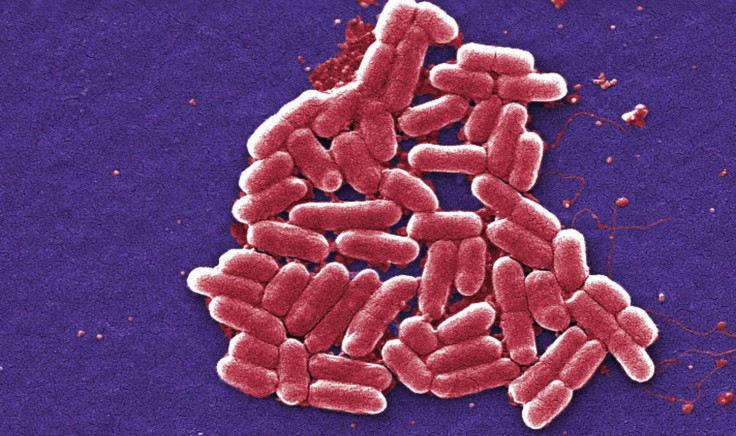3 Simple Ways To Prevent Shigella Infection After CDC Warning
There has been an alarming increase in Shigella infections. Several of the outbreaks have been traced to contaminated food. But the bacteria can be transmitted through other ways as well.
Late last month, the U.S. Centers for Disease Control and Prevention (CDC) issued a health advisory warning the public of an extensive increase in the drug-resistant Shigella bacteria. The public health agency reported a 5% jump in cases due to XDR strains in 2022 compared to 0% in 2015.
Because the strains are resistant to drugs like antibiotics, experts feared that a public health crisis could be inevitable, considering that the bacteria are easily transmissible, to begin with. Shigella can be transmitted through contaminated food and water via the fecal-orate route. However, the bacteria can also spread via direct person-to-person contact, sexual intercourse and indirect contact with contaminated objects.
To spread awareness and to help the public prevent the further transmission of the pathogen, board-certified internal medicine hospitalist Dr. Michael Huynh, MD, has shared some expert advice via WOOD-TV.
According to the medical expert, drug resistance is a major concern for the new strains of Shigella. But there are three simple ways to stop the diarrhea-causing bacteria from spreading.
First is thoroughly washing hands with soap and water to avoid contamination, especially after using the restroom.
The second tip is to use protection during sexual intercourse or avoid sex altogether when one’s partner is still recovering from diarrhea.
The third tip is always drink bottled water instead of the local tap when traveling to Asia or Africa, where Shigella is endemic.
“Shigella is a species of bacteria known to cause diarrhea worldwide. The usual route of transmission is fecal-oral, which means someone is eating food that has been contaminated by another person’s fecal matter. That may sound disgusting, but it’s fairly common, especially in unsanitary conditions,” Huynh explained.
“The bacteria can infect a person with as little as 10 organisms, which makes it highly contagious. When passed through the stomach and into the small intestines, the bacteria multiply and can then spread to the colon, resulting in diarrhea, which is the inability [of] the large intestine to absorb water, and thus stool comes out in a watery form,” he added.
Shigellosis is typically self-limiting, with symptoms lasting up to seven days in most cases. Supportive care with plenty of fluids is required in this case. However, when there is prolonged diarrhea (bloody) and severe stomach cramping or tenderness lasting for several days, the CDC recommends contacting a healthcare provider right away.




























